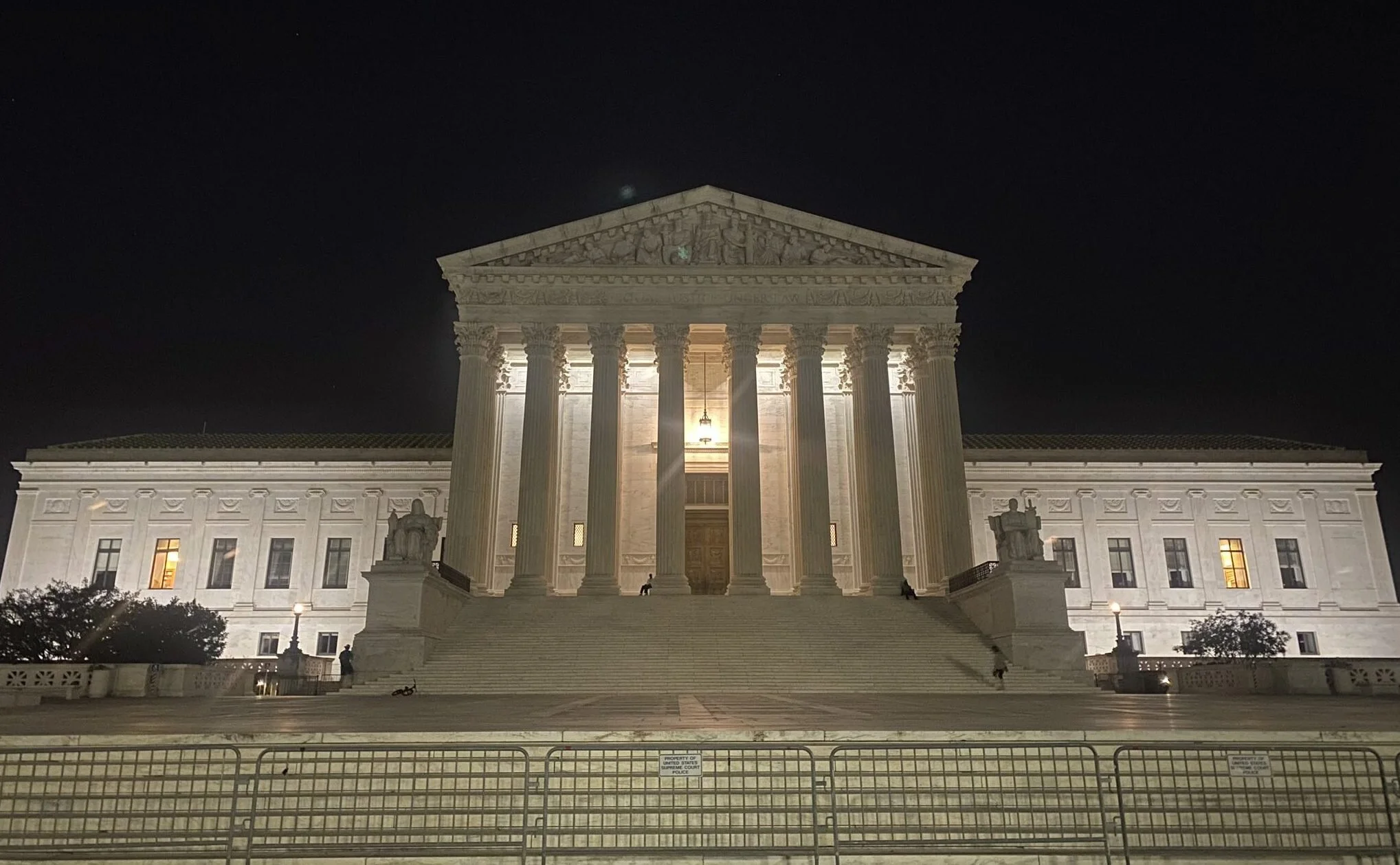As a result of a chronic physician shortage, especially in rural areas, the medical landscape is drastically changing to include more non-physician healthcare providers. [1] This demand for additional medical professionals allows Advanced Practitioner Registered Nurses (APRNs) — a class of registered nurses with additional graduate-level training — increased prescriptive and decision-making authority over patients’ health care than traditional registered nurses. This phenomenon introduces new challenges in the realm of medical malpractice, accountability, and scrutiny that has been, for decades, primarily focused on physicians. In considering questions of accountability for erroneous medical decision-making, a substantive increase in medical authority and jurisdiction over patients’ health needs to be logically accompanied by an increase in legal scrutiny.
Read MoreIn January of 2021, the UK announced that it would no longer apply such restrictions to the importation of cultural goods as stipulated by 2019 European Union legislation. Though it is legally within the rights of the UK government to disregard these regulatory efforts, doing so fundamentally undermines their commitment to upholding key tenets of international law, specifically the Rome Statute of the International Criminal Court. When it comes to regulating the sale of blood antiquities, the UK government should thus rely upon international legal statutes and precedent to inform a prudent, long-term approach, rather than bowing to pressure from wealthy antiquities dealers.
Read MoreOn June 16, 2019, the National Assembly of Quebec passed Bill 21, The Act Respecting the Laicity of the State, as a declaration of Quebec’s “particular attachment to State laicity” and an affirmation that “the state is a lay state”. The passing of Bill 21 and the proceedings of Hak v. Procureure générale du Québec (2019) urge Canadians to consider the consequences of Quebec’s provincial autonomy and, ultimately, demonstrate the need for constitutional amendments to protect vulnerable minority groups against provincial legislature.
Read MoreOn February 1, 2021, the state of Oregon put into effect the historic Ballot Measure 110, also known as the Drug Decriminalization and Addiction Treatment Initiative. Measure 110 makes Oregon the first state to decriminalize the possession of specified quantities of formerly illegal drugs including heroin, cocaine, methamphetamine, and Oxycodone; it also lessens the punishment for possession of larger quantities than those legalized by the measure. Most importantly, Measure 110 requires the state of Oregon to institute several programs aimed at aid and recovery. This implementation of Measure 110 marks a significant step forward in the outlook on drug control policy, as it reframes substance abuse as a public health issue instead of a criminal justice one.
Read MoreFollowing the mass protests caused by the murder of George Floyd, among other unarmed African Americans in May 2020, the removal of Confederate symbols has again captured national attention. Yet, opponents of Confederate monuments now face a major constitutional hurdle: the government speech doctrine, which holds that First Amendment restrictions, such as content discrimination, do not apply when the United States government is the speaker. Therefore, the question becomes: Do Confederate monuments occupying government land adhere to the government speech doctrine?
Read MoreOn June 18th, 2020, the historic Supreme Court ruling Department of Homeland Security v. Regents of the University of California (2020) overturned the Trump Administration’s termination of Deferred Action for Childhood Arrivals, otherwise known as DACA. Although this ruling reinforced DACA’s role as part of U.S. immigration policy, DACA has once again come under the spotlight due to a lawsuit in Texas that challenges the very foundation of the program.
Read MorePublic schools have a unique duty to reasonably maintain a safe academic environment for their students. While this is an undisputed fact, methods aimed at ensuring this safety have surfaced as problematic in nature. The Supreme Court must expand their application of the Fifth Amendment right against self-incrimination in public school settings in order to ensure adequate due process is being awarded to students subjected to schoolhouse interrogations.
Lawmakers and legal scholars have recently raised growing concern over the abundance and impact of the Court’s emergency and summary orders––which Professor William Baude termed “the shadow docket” in 2015. The shadow docket has gained national attention as death penalty appeals, presidential election disputes, and COVID-related cases are brought to the Court.
Read MoreIn January 2021, South Korea’s Seoul Central District Court ordered the Japanese government to pay 100 million won (approximately $91,000) in damages to each of the twelve plaintiffs in Hee Nam Yoo v. Japan. The plaintiffs in this case were former Korean ‘comfort women,’ a euphemism for women and girls—mostly in their teens and twenties—who were forced into sexual slavery by Japan’s military during the Second World War (WWII).
Read More








